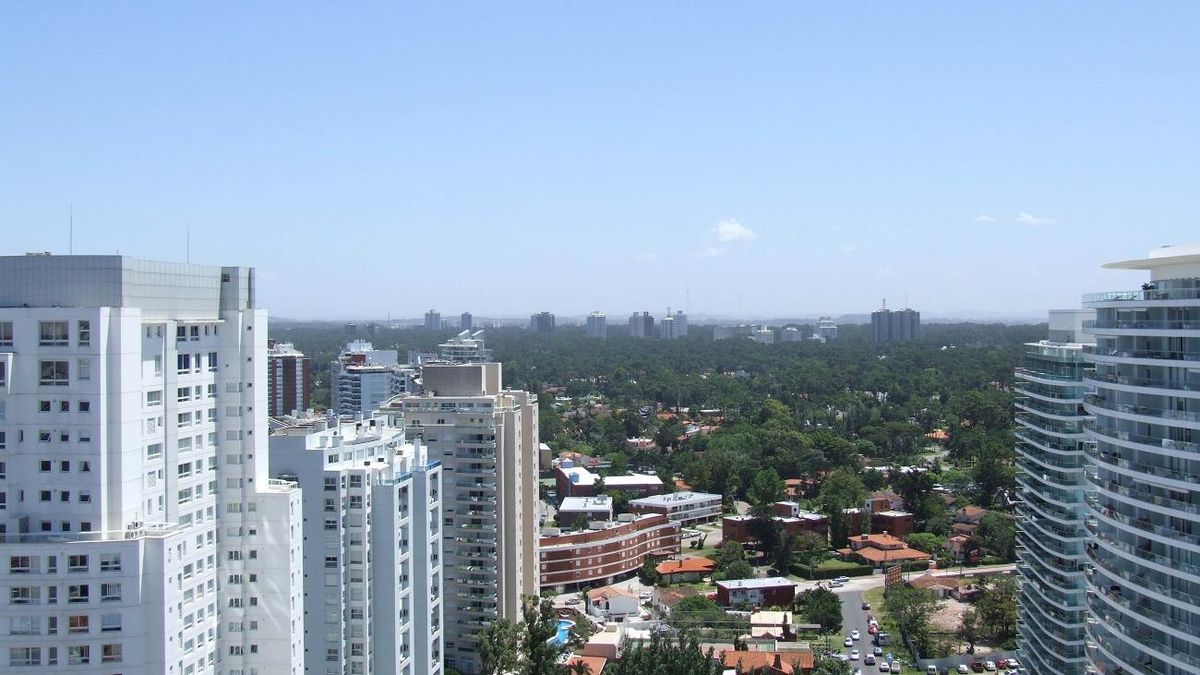Uruguay, like much of the world, is facing a housing deficit problem that is accompanied by a lack of investment. That is why from the sector they propose possible solutions when looking for capital that wants to invest in the country.
Gonzalo MartinezCEO of the Real Estate consultancy Mobiusspoke with ambito.com on possible solutions to attract real estate investors who want to invest in the country.
– What can be done to attract new investors?
– You have to propose new businesses, new lines of business. We are receiving investors in Uruguay, mainly in Montevideobut also some in Cologne and east point to develop buildings and, above all, garden neighborhoods. They are more fenced places, with more greenery, which tend to be more sustainable, where one lives more safely and which are a bit far from the centers of the country’s capitals.
However, finding investors for this is not easy because large lands have to be obtained from 40,000 to 100,000 square meters and is expensive. The great advantage we have is that Uruguay is the best country in South America to invest because it is safe and financially stable, and it is a place where investors are respected and favored. Another advantage is the tax exemptions.
– How can the government help to get new investors?
– From the sector we wanted to hold a meeting with President Lacalle Pou, but he has not received us yet. The meeting was with the objective of raising the possibility of going out to look for investment funds to ask for at least 6 million dollars. Previously, they were reversed 3 billion dollars to build 30,000 homes and the housing deficit is 60,000that’s why that amount of money is needed.
Build to Rent in Uruguay
The real estate investment that Martínez highlights is a global trend to reduce the housing deficit, called “Build to Rent” where building constructions are carried out at cost that are intended for rent and for which investors will have greater profitability.
According to the CEO of Moebius, what the sector wants to propose to the government, both national and municipal, is higher tax breaks as well as giving more land to build with a concession since they are land to rent. This would also cause rental prices to drop due to the increased supply.
The tax exemptions to which Martínez refers belong to Law No. 18,725 where both the investor and the construction companies are favored with the aim of urbanizing new areas, reducing the housing deficit and generating labor. The exemptions are for 10 years and are applied to the Value Added Tax (VAT), the Wealth Tax, the Property Transfer Tax (ITP), to the Personal Income Tax (personal income tax) and the Income Tax from Economic Activities (IRAE).
However, the investment funds that would move the needle in the country are not found in nearby countries. According to Martínez, it is necessary to seek investment both in Europe as USA in order to notice a change. When asked why the national government does not invest in real estate projects, the CEO replied that it is because the governments of Latin America do not have enough money to invest in projects that tame the housing deficit.
Source: Ambito




